Most health-conscious people are stealth food and beverage label readers, but reading supplement labels is a bit different.
For starters, supplements are required to have a Supplement Facts box, which lists ingredients in order of their use, provides nutritional facts, includes information on proprietary blends, and details other ingredients.
As an added hurdle, strict regulatory restrictions on marketing claims can make finding the right supplement for what ails you a vague or even downright confusing process.
Come along as we explore the basics on how to read supplement facts, decode claims, and find the perfect supplement to support your healthy-label-reading self.
A Quick Overview of Supplement Labeling Law & Regulations
There is a widespread misconception that supplements aren’t regulated, but that's simply not true.
Supplements, including vitamins, minerals, herbs, protein powders, green powders, antioxidants, and sports nutrition products, are considered foods and are regulated as such by the Food and Drug Administration.
This means all supplement companies must comply with food labeling laws and specifications in addition to adhering to Current Good Manufacturing Practices (cGMPs) established for the supplement industry.
Supplement companies are also subject to audits by the FDA (and FTC for marketing and advertising claims) to ensure they are following these laws and regulations.
These regulations are in place to ensure manufacturers disclose all their ingredients and factual nutritional information (when measurable) while avoiding any misleading or unproven claims about their products.
Much of this information is displayed on the mandatory Supplement Facts or Nutrition Facts boxes on the back of the supplement bottle and/or box.
How to Read Supplement Facts
The Supplement Facts box is placed to the right of the product name, description, and capsule or tablet count on the backside of a supplement bottle and/or box.
It contains a detailed list of the ingredients and nutritional information on the supplement formula, including:
- Serving size
- Servings per container
- Amount per serving
- Percent (%) daily value
- Specific amounts of vitamins, minerals, and other nutrients like vitamin A, C, iron, probiotic strains, antioxidants, potassium, and sodium
- Herbs or proprietary blends
- Note: Proprietary blends are combinations of herbs, foods, superfoods, enzymes, probiotics, amino acids, or other non-vitamin and mineral ingredients. Each ingredient in the proprietary blend must be listed; however, they are not required to be listed by individual weight. Instead, they are listed by the total weight of the blend
- For example, Realfood Organics® Prenatal Multivitamin contains 1,310 mg (1.31 g) of our proprietary Organic Food Blend. We list all the ingredients in the blend, but not their individual weights
- This provides transparency to the consumer while allowing everything to fit into the supplement facts box and protect the company’s proprietary formula
Depending on the product, some supplement facts also include:
- Calories
- Total fat
- Saturated fat
- Total carbohydrate
- Dietary Fiber
- Total Sugars
- Protein
This is not required on all types of supplements. Still, you typically see it on those that may contain a significant amount of calories, carbohydrates, fat, protein, or sugars, such as gummies, protein powders, preworkout, essential fatty acids, MCT oil, or drink mixes.
What’s Under The Supplement Facts Box?
Beneath the supplement facts, the product’s “other ingredients” are listed, including sweeteners, fillers, excipients, natural or artificial flavors, preservatives, and colors.
Beneath or to the right of the supplement facts is also where you’ll find allergen statements, no-statements (no gluten, milk, synthetic dyes, sugar, etc.), directions for use, manufacturing information, barcodes, and manufactured-on date, lot number, expiration date, or best-by dates.
Some companies also list cGMP statements, badges and certifications (more on this to come), item numbers, and QR codes here.
Bottom line: The supplement facts box contains the majority of information you need to know about a product’s ingredients, forms, and how much you’re getting per serving.
Confused about expiration dates, manufactured-on dates, and best-by dates on supplement labels? Get the full scoop in: Do Vitamins Expire?
Supplement Label Warning Signs: Ingredients to Potentially Avoid
Another misconception about supplements is that they’re all equally good for you.
Unfortunately, this is not the case.
Although supplements are more strictly regulated than they were last century, not every supplement company holds itself to the same standards for ingredients.
As mentioned previously, you can spot these ingredients underneath the supplement facts box. Some to watch out for include:
- Artificial colors
- Artificial flavors
- Artificial preservatives
- Artificial sweeteners (primarily found in chewables, gummies, liquids, or powders), including saccharin, sucralose, aspartame, acesulfame potassium, xylitol, erythritol, neotame, and advantame
- Certain excipients
- These ingredients are essential for making supplements, and they’re not all bad—more to come
- Certain fillers
- Gluten or gluten-containing ingredients
- Texturing agents (mostly in powders or liquids)
“Other ingredients” lists should be minimal, and typically include capsule, gummy, or tablet ingredients, appropriate excipients, and any flavoring agents.
Examples of clean excipients and capsule or tablet ingredients include:
- Vegetable cellulose
- Cellulose & glycerin coating
- 100% bovine gelatin, BSE-free (not vegan, but clean)
- Sunflower lecithin
- Tapioca maltodextrin
- Purified water
- Pectin
- Fruit juice
- Sugar, honey, rice syrup, tapioca syrup, stevia, monkfruit (sweeteners)
- Natural colors (from fruit and vegetable juices)
- Natural flavors
- Carnauba wax
- Vegetable glaze
- Sunflower oil
- Sustainable palm oil
- Rice concentrate
- Rice starch
- Rice flour
- Rice bran
- Oat fiber
- Gum acacia (aka: acacia gum)
- Lecithin (non-GMO soy or sunflower)
- Psyllium
- Rice husks
- Sodium alginate (a gelling agent made from brown seaweed)
- Note: Although some people may experience minor digestive complaints from sodium alginate, it’s a gentler option than other gelling agents.
- Xanthan gum
Less desirable excipients, sweeteners, flavors, and capsule, gummy, or tablet ingredients may be highly refined and/or come from petroleum products or GMO ingredients, and include:
- Silicon dioxide
- Microcrystalline cellulose
- Talc
- Silicone dioxide
- Stearic acid
- Guar gum
- Carrageenan
- Maltodextrin
- Cellulose gum
If this seems like a lot to remember, that’s because it is!
A more effective way to vet a quality product is to learn about the company’s manufacturing practices and standards.
For example, a third-party-certified Organic and Gluten-Free supplement manufacturer, like Country Life, will not use less desirable ingredients in their products.
Specific badges, such as “Certified Organic” and “Non-GMO verified,” can also help you find high-quality supplements and avoid unnecessary ingredients.
Decoding Supplement Health Claims
By law, supplement companies are prohibited from making health claims that relate to a disease, disorder, imbalance, or any condition that suggests or explicitly states a product can prevent, treat, or cure a disease.
Instead, they are permitted to use structure-function claims, which basically tell you how a product supports a normal and healthy bodily function or state.
Some examples include:
- Promotes joint health
- Supports immune health
- Digestive support
- Supports energy
- Maintains healthy bones and teeth
- Supports cognitive function
- Gut health support
- Cardiovascular support
- Relieves occasional heartburn, indigestion, bloating, etc.
Some highly studied supplement ingredients are permitted to make specific health claims, but most are limited to structure-function claims.
Once you understand this, it’s much easier to find what you’re looking for in the supplement aisle or online.
If you’re unsure, check the company’s website, where they have more space to describe the products and ingredients on product description pages and blog articles.
For example, Country Life offers the option to shop by benefit, which saves time and helps you narrow down your selection to meet your goals.
Badges & Certifications That Help Consumers Choose A Clean Supplement Brand
Badges and certifications can be very helpful in discerning quality, but they can be misleading.
Unfortunately, some supplement companies create their own badges to make their products appear superior.
However, this isn’t always the case.
A company may use an in-house badge to promote a product virtue that cannot be certified and/or only in-house verified, or to avoid irrelevancy or redundancy in certifications (for example, a certified organic product is automatically also non-GMO).
Some examples of potentially misleading or meaningless badges include:
- B-Corp (does not indicate verified B-Corp certification)
- Free from pesticides (does not indicate organic certification)
- Gluten-free (does not indicate third-party gluten-free accreditation, such as NSF)
- Non-GMO (does not indicate third-party verified certification. Organic ingredients are naturally non-GMO)
- Kosher (without certification)
- Vegan, vegetarian, or plant-based (does not guarantee a product is DNA-verified or third-party verified vegan or vegetarian)
Again, these badges may be legit, but without certification, you have no way of knowing.
The following badges indicate verification or certification of a supplement’s quality, purity, and clean ingredients:
- Certified Organic (This also shows a product is non-GMO)
- NSF Certified Gluten-Free
- NSF Certified Non-GMO
- Non-GMO Project Verified
- AVA Certified Vegan
- DNA-verified vegetarian
- Certified kosher (K Parve)
- Clean Label Verified
- Non UFP Certified (indicates a product is not an ultra-processed food)
- Certified B-Corp
To be clear, certification badges do not necessarily guarantee the consistency of ingredient purity, nor does the absence of badges mean a product is necessarily of low quality.
Certifications vary in their integrity, requirements (such as third-party testing), and follow-ups.
However, these badges can help you find a company that aligns with your quality standards and values.
How to Find Clean Supplements To Power Your Nutrition
Now that you’re a supplement label reading pro, it’s time to find your best brand!
There are many excellent supplement brands available, including Country Life and our sister company, Biochem Protein.
What sets us apart?
- We’ve been formulating and manufacturing high-quality supplements since 1971
- We have one of the most complete collections of clean supplements available at affordable prices, including:
- Multivitamins
- B-vitamins
- Single vitamins such as A, C, E, E, & K
- Minerals
- Men’s Health supplements
- Women’s Health supplements
- Antioxidants
- Fish Oils & Omegas
- Probiotics and Digestive Enzymes
- Protein Powders and Sports Nutrition (Biochem)
- And more
- All our products are made in NSF-certified gluten-free facilities
- Our supplement manufacturing facilities are NSF-Certified Organic, which holds us to a higher standard of ingredients, excipients, and manufacturing practices
- We rigorously test all our products, from raw material to finished supplement, for contaminants, purity, and potency
- We manufacture in an NSF-certified cGMP-compliant facility, ensuring we go above and beyond in implementing safe, clean, and ethical manufacturing practices
- We’re a certified B-corp, so we care about sustainability and social welfare too.
References Mentioned in This Article
- “Dietary Supplements Guidance Documents & Regulatory Information.” US Food And Drug Administration.
- “Definition of Quality according to FDA GMPS for Dietary Supplements”. Code of Federal Regulations (ecrf.gov), Definition of Quality Subpart A-111.3
- FDA CFR (Code of Federal Regulations) Part 111 - Current Good manufacturing Practices in the Manufacturing, Packing, Labeling or Holding Operations for Dietary Supplements. https://www.ecfr.gov/current/title-21/chapter-I/subchapter-B/part-111


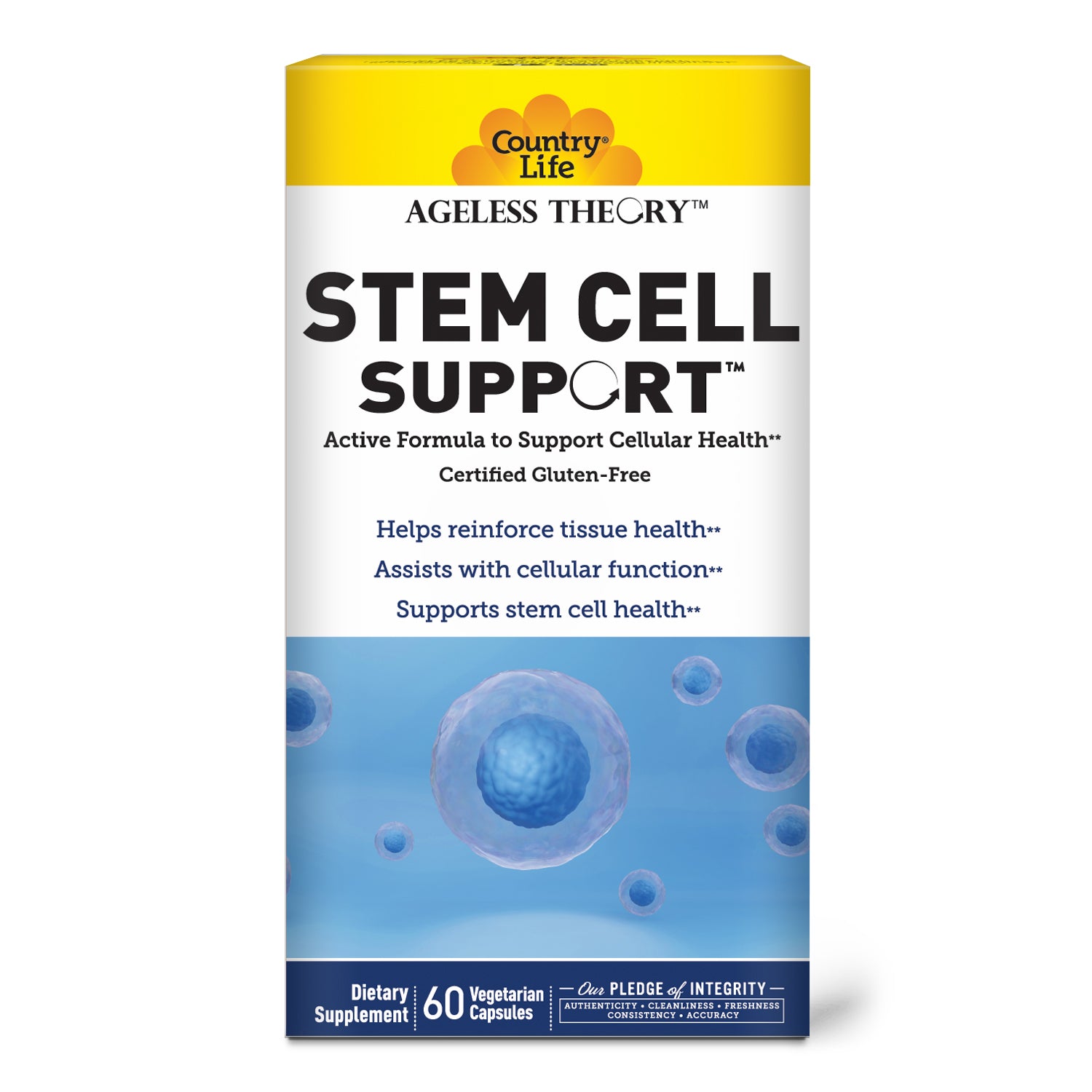
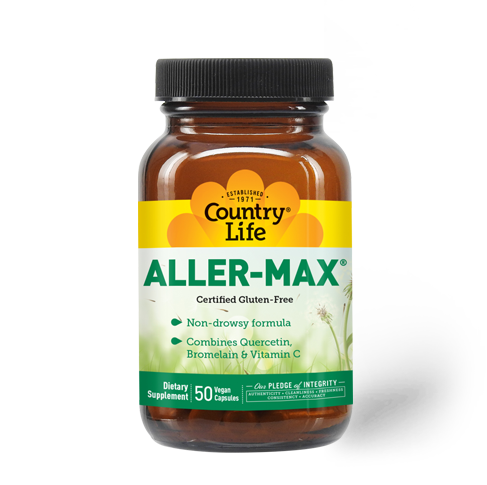
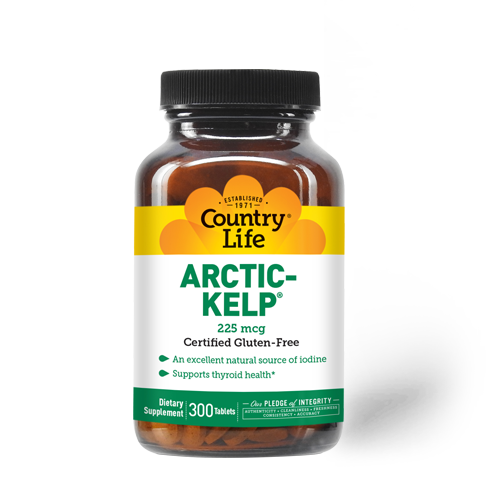
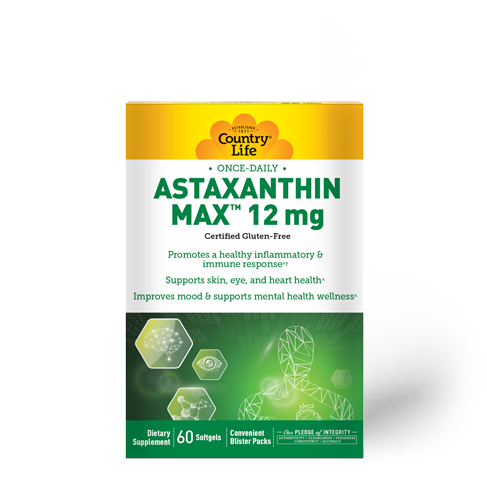
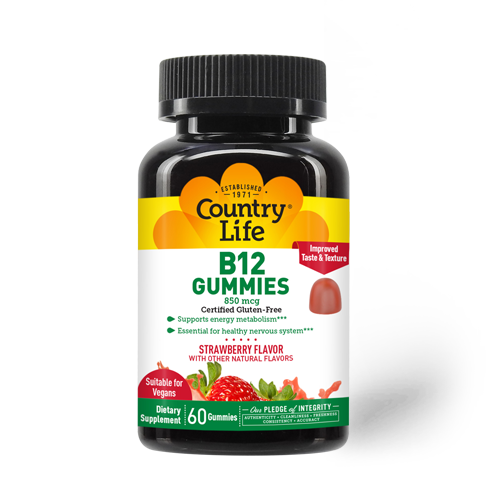
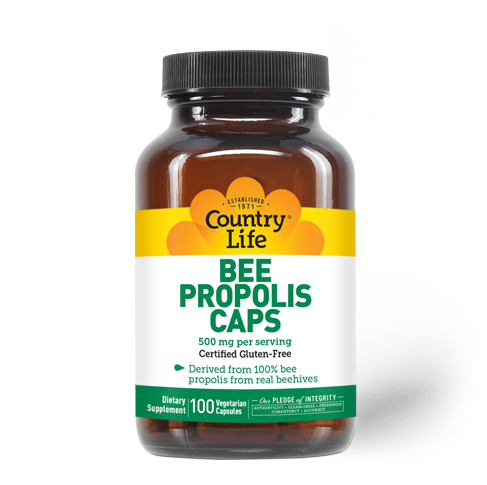
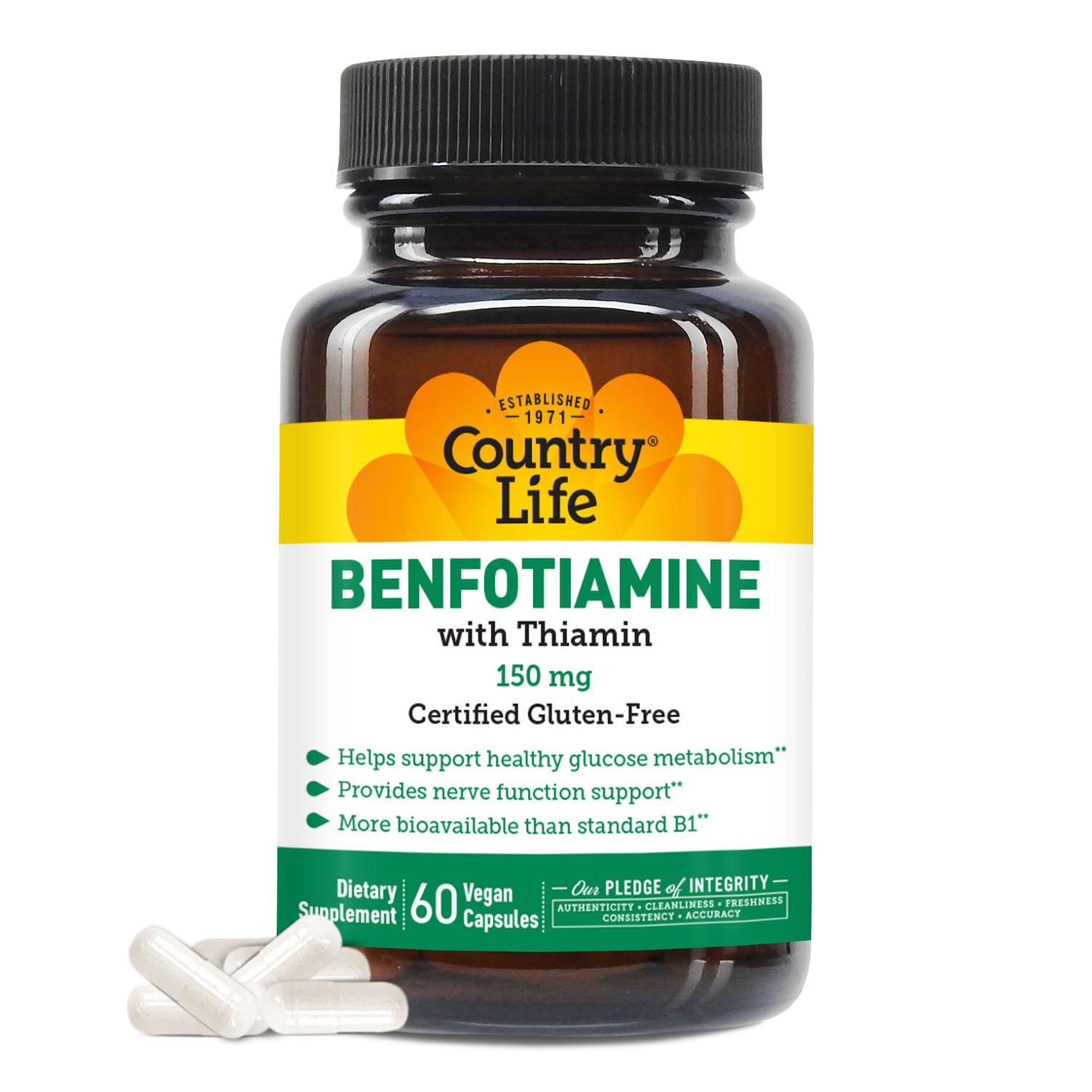
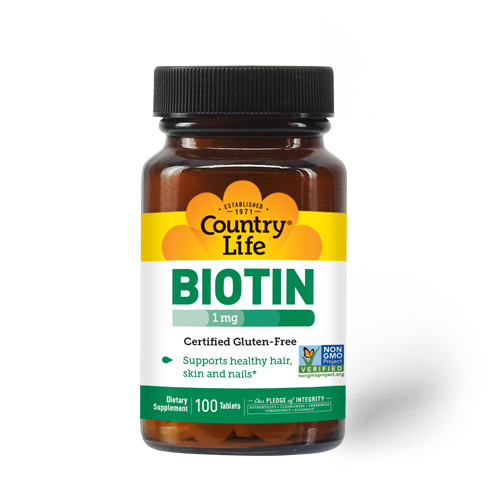










Share:
Hey Moms-to-Be! Check Out Our NEW Realfood Organics® Prenatal
5 Recommended Supplements For Men